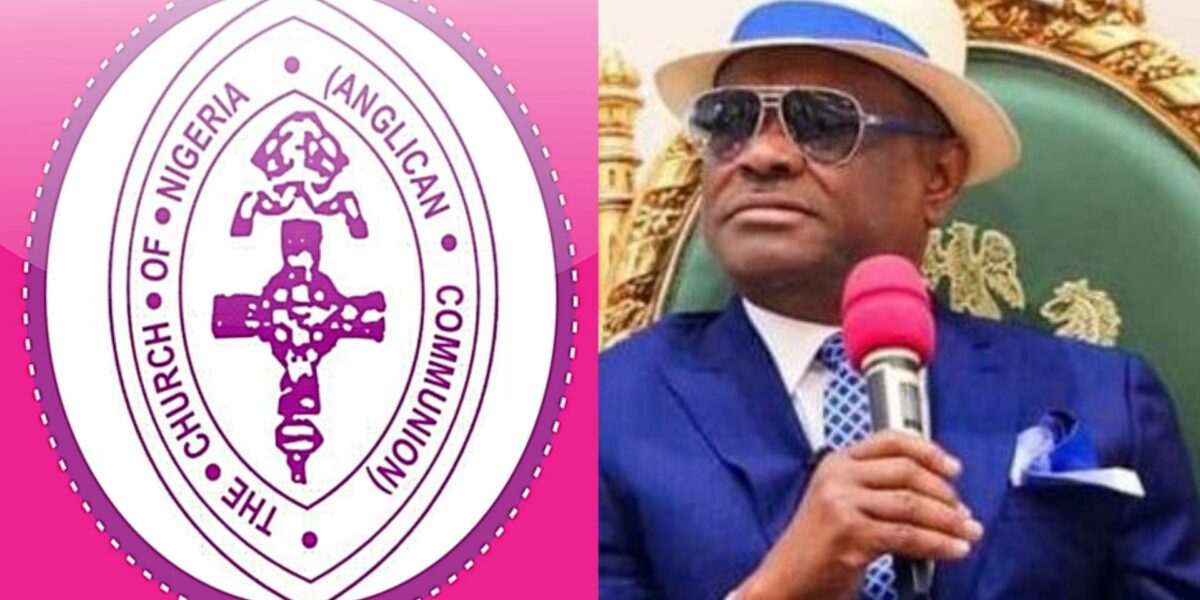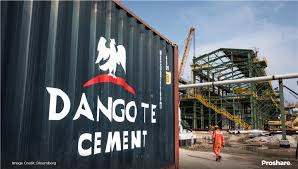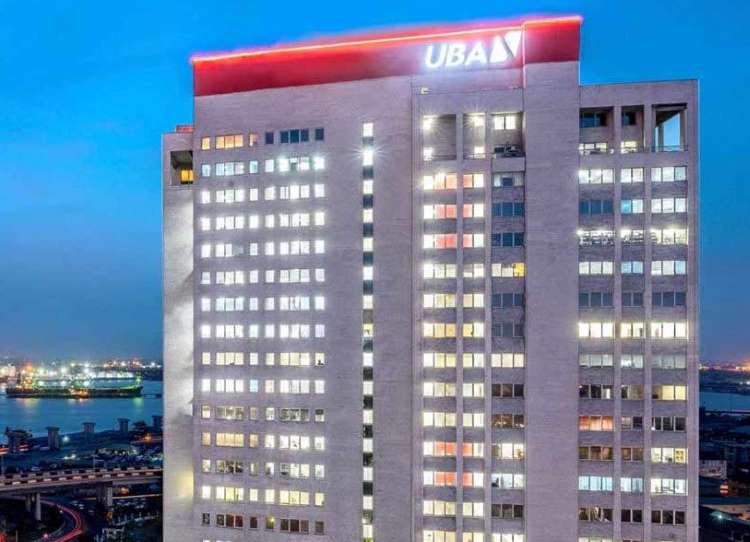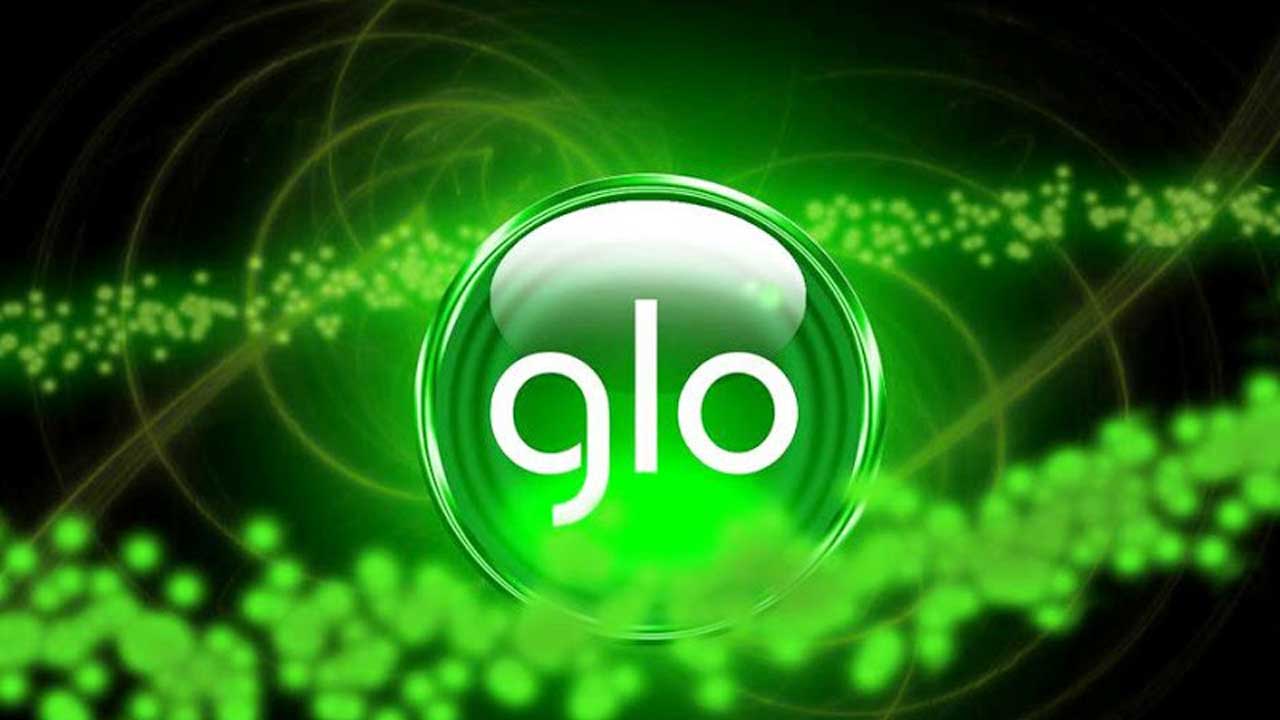By Ayomide Otitoju
The Nigerian National Petroleum Company Limited (NNPC) has disclosed that the Federal Government accumulated a debt of N5.1 trillion in under-recovery and energy security expenses related to fuel importation in 2023. Additionally, a total of N9.38 trillion, described as receivables, was incurred by the national oil company on behalf of the government for the same purpose.
In its financial statement for the fiscal year ending December 31, 2023, NNPC detailed that N6.25 trillion of the receivables was accrued from domestic crude oil supply, while N3.14 trillion was listed under other receivables. Receivables, also known as accounts receivable, represent debts owed to a company by its customers for goods or services that have been delivered but not yet paid for.
The N9.38 trillion figure reflects a significant increase of N7.2 trillion, or 76.7%, compared to the N2.18 trillion recorded in 2022.
“Receivables from the Federation relate to expenses incurred on behalf of the Federation by the Group,” the report stated.
NNPC further explained that the N5.1 trillion in under-recovery and energy security expenses included costs from crude oil supply for domestic use and other receivables on behalf of the government. This amount comprises N3.3 trillion in under-recovery from January to May 2023 and N1.8 trillion in energy security expenses from August to December 2023.
The term “under-recovery,” as used in NNPC’s financial statement, has been criticized as a technical jargon intended to obscure details. Bala Zakka, a petroleum engineer and oil and gas analyst, expressed concerns that the terminology was confusing and lacked transparency. “This term was used to confuse, convince, and conceal a secret we all know, and the company has not done any good service with this,” Zakka told The PUNCH.
Former Executive Secretary of the Nigeria Extractive Industries Transparency Initiative (NEITI), Waiziri Adio, also called on NNPC to be more transparent, urging the company to stop using misleading language. In response to reports about President Bola Tinubu approving subsidy payments, Adio criticized NNPC’s explanation, stating, “NNPCL’s waffling on petrol subsidy is so disingenuous. Saying there is no subsidy because selling PMS below landing cost is a transaction between the company and the Federation is a lame play with words that takes everyone for a moron.”
Despite President Tinubu’s announcement of the removal of fuel subsidies in his May 29, 2023, inaugural address, there are indications that the government continues to spend billions on subsidies, though officials have denied it. Former President Olusegun Obasanjo also criticized the subsidy removal, suggesting that adequate measures should have been implemented before making such a decision.
The financial statement further revealed that NNPC generated N23.99 trillion in revenue from contracts with customers in 2023, with a cost of sales amounting to N16.95 trillion, leaving a gross profit of N7.03 trillion. The company’s cost of sales was described as exorbitant, raising concerns about its financial stability.
Meanwhile, NNPC announced that it had successfully repaid 60% of a $1.036 billion loan taken in September 2021 to finance the acquisition of a 20% stake in the Dangote Petroleum Refinery and Petrochemicals Free Zone Enterprise. As of December 31, 2023, NNPC had repaid $625 million of the principal amount, leaving an outstanding balance of $424 million.
In addition to the financial challenges, the scarcity of petrol has worsened across Nigeria, with long queues reported nationwide and prices reaching as high as N950 per liter. Despite efforts by NNPC to address the supply issues, oil marketers expressed doubts that the situation would improve before the end of the week.









